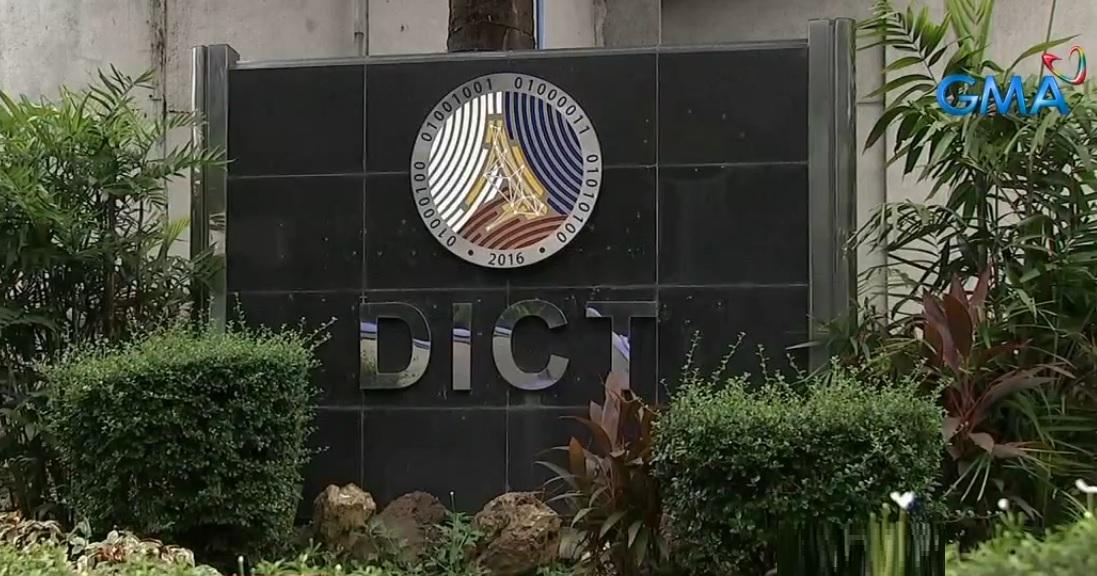DICT says text scams may be coming from sources abroad

The Department of Information and Communications Technology (DICT) said Sunday that sources outside the Philippines may be behind a number of personalized text scams or unsolicited text messages.
In a Super Radyo dzBB interview, DICT Undersecretary Alexander Ramos said they are now coordinating with their international counterparts to determine if they have recordings leading to the IP address of the destination servers involved in the text scams.
“Meron na kaming leads kung saan talaga ito nangyayari. Ang theory namin dito ay hindi ho ito local. Nagkataon lang na ang sistema is parang automated,” he said.
(We now have leads where these text scams are actually happening. Our theory is that the source is not local. It just looks like the system looks automated.)
“Ito ay hindi nangyayari sa Pilipinas lang, nangyayari rin ito sa ibang bansa kaya it’s a bigger effort, a bigger investigation para matukoy itong destination sites,” he added.
(This is not only happening in the Philippines, but in other countries as well. So, it needs a bigger effort and wider investigation to identify these destination sites.)
Ramos, who is also the Executive Director of the Cybercrime Investigation and Coordinating Center (CICC), said that the National Privacy Commission had already investigated whether there were servers that got hacked, but found nothing.
He said they are now also looking into those buying SIM cards in bulk to trace where the text spams were coming from.
“Isa ‘yan sa paraan sa pag-trace sa pinag-orderan ng telco companies, na produce [nila] ang listahan kung sino ang mga individual o mga dealer… Isa ‘yan sa mga leads natin sa direksyon kung saan nagagamit itong SIM cards na ‘to,” he said.
(That's one of the ways to trace to whom the telco companies sold the SIM cards, and for them to produce the list of those individuals or dealers. That will be one of our leads in determining where these SIM cards are being used.)
During a Senate hearing on Thursday, NPC deputy commissioner Leandro Aguirre said that information being used by text scammers may have been sourced from scrapped or harvested data from online payments and messaging applications.
Earlier, the National Telecommunications Commission (NTC) also directed telecommunication firms to accelerate the process of blocking SIM cards that are being used to perpetrate the fraudulent activities and further enhance the messaging reach of their respective public information campaigns regarding the “new variants” of the text scams.
Further, Ramos said they are conducting a parallel investigation into the arrested of Chinese and South Koreans who were allegedly involved in the proliferation of text scams in the Philippines.
“Ang kanilang binibiktima, mga kababayan din nila sa ibang bansa. So, may parallel, pero ibang scheme naman ‘yan, ibang technique ‘yan,” he added.
(Their victims are also their own countrymen. There is a parallel investigation, but that's a different scheme or technique.)
Five South Koreans who were allegedly members of a syndicate using text scams were recently arrested by authorities in Parañaque City. The money obtained by the suspects from the victims reached more than P1 billion. —LBG, GMA News




